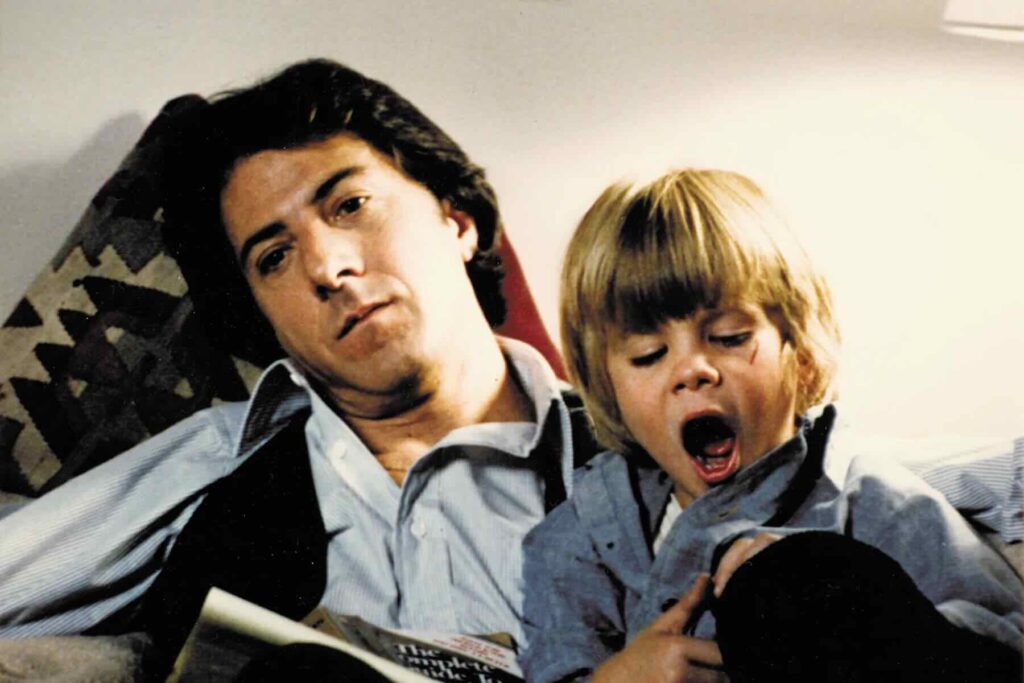We grow up hearing the same phrases from our parents:
- “Were you punished? Then you must’ve deserved it.”
- “Obey your elders.”
- “Boys don’t cry.”
Sound familiar? We heard them as kids — and often repeat them to our own children, even without realizing it. But few of us stop to think about how these simple phrases impact a child’s entire future. And how did they affect us?

What Shouldn’t You Say to a Child?
Every day, without realizing it, we shape a child’s self-esteem — for better or worse.
A simple “I’m proud of you!” or “I love you!” builds them up. But some throwaway comments can cause long-term harm. They may create a sense of low self-worth that lasts into adulthood.
Take “Boys don’t cry.” This phrase teaches boys to suppress their emotions. The result? Higher risks of heart disease, anxiety, depression — and unhappiness.
“Listen to adults” or “Adults know better” can even be dangerous.
- These phrases teach kids that adults are always right — and that’s not true. Not all adults are kind or rational.
- Worse, dangerous people sometimes exploit children raised to obey adults without question. Such kids simply can’t believe an older person could do something wrong.
Hurtful language also includes generalizations. When parents scold their child, they might say things like:
But every mistake should be treated as a separate event. If a child hears they “always” do something wrong, they may begin to believe they’re simply a bad person.
And what about: “You’re not leaving the table until you finish your food”?
Sounds harmless. But children are born with the ability to regulate hunger. Forcing them to overeat creates lifelong issues with food — from obesity to eating disorders.

How to Talk to Your Child
Children crave approval and love from their parents.
They’re also direct and emotional — they understand only what you say clearly and honestly.
So say it: tell them you love them, that you’re proud of them, that they’re smart and beautiful. Praise the little things, too.
Words of love and encouragement build strong self-esteem, one brick at a time.
To help you on this journey, we’ve prepared a list of parenting books recommended by child psychologists.
It doesn’t matter what your parents used to say. What matters is what you say to your kids. They learn from you — and watching your example, they’ll one day build a happy, strong life for their own children.






